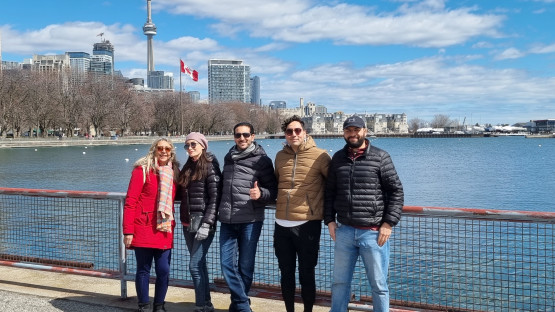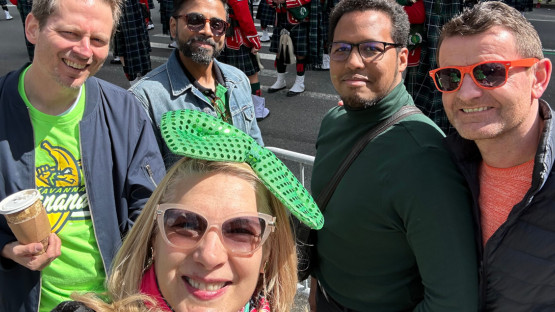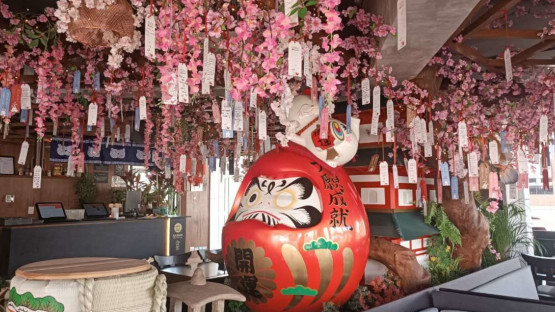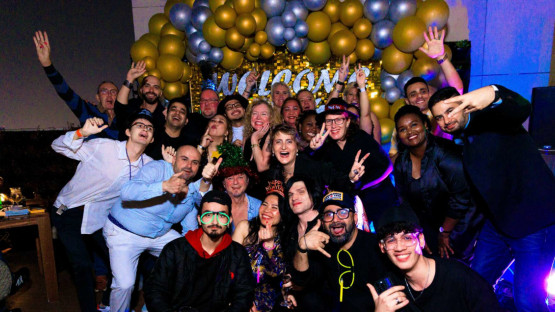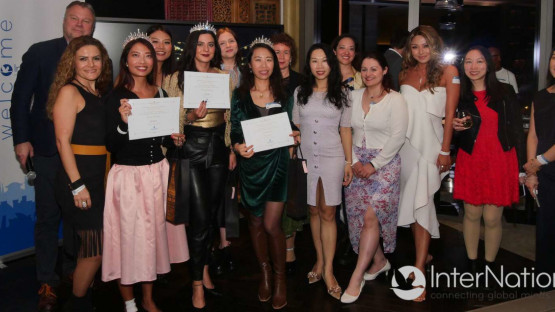Cleaning Up the Environment with the InterNations Changemakers
Each week, InterNations Changemakers Groups around the world organize cleanups, that is, getting together as a group, rolling up their sleeves, and picking up rubbish. In doing so, they bring together locals and expats alike to actively improve the environment in their city. With the impacts of plastic in the environment a global concern, we asked three Changemakers in Duesseldorf, Istanbul, and Geneva to share their experiences with organizing their own cleanup activities.
Juan Jose de Blas, Duesseldorf
Juan joined the Duesseldorf Changemakers Group in February 2017 and regularly organizes cleanup activities. Juan explains, “The city of Düsseldorf is dominated by the river Rhine, one of the longest in Europe. Citizens of Düsseldorf enjoy the riverbanks, going for picnics and barbecues especially in summer. Unfortunately, even when several trash containers are nearby, some people still leave their rubbish on their spots. If nobody cleans up this rubbish, when water levels rise during winter, all will end up in our oceans contributing to the already critical ocean pollution.”
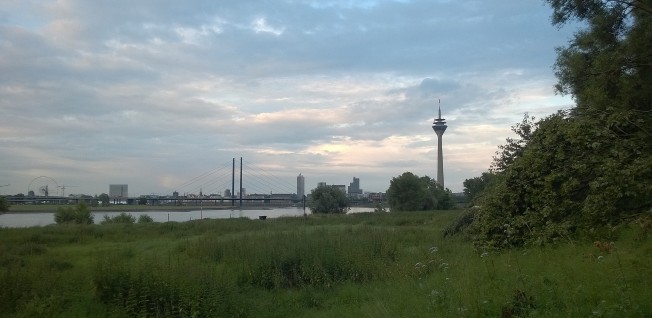
Düsseldorf was ranked as one of the top 10 most livable cities in the world in 2018, and Juan enjoys the community spirit the activities help foster. “As a Consul, I find this type of activity something easy to organize and suitable for all kind of people: families, old, young, non-German speakers; everyone knows how to pick up litter!” However, the types of rubbish found are less than pleasant. “From the typical: cans (beer and soft drinks); glass bottles (beers, alcohol); single-use plastics (the ones I hate the most!), and disposable BBQs; to other more random things like clothes, diapers, and condoms! You better not forget your gloves!”
Zoë Zeng, Geneva
Switzerland enjoys a reputation as being one of the cleanest countries in Europe, if not the world, and cleanup activities take place along the shores of Lake Geneva. Geneva Changemakers Consul Zoë takes a novel approach to her cleanups, taking her group “plogging”. This originally Swedish concept combines jogging with picking up litter (in Swedish: plocka upp) and is fast spreading around the globe. Zoë explains: “Overall, Switzerland is a clean country and Morges, a commune in the canton of Vaud, is no exception. That said, littering happens everywhere; it's a matter of degree and type.”
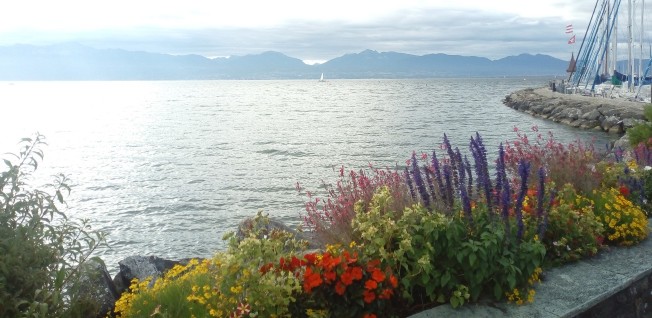
“Given that Morges is overall clean, a lot of us had to look hard to find small litter such as cigarette butts, beer bottle caps, and small pieces of plastic that dot lawns, sidewalks, and other public areas. Occasionally, we came across larger objects like water bottles and beer bottles.”
Lucy Tooze, Istanbul
Istanbul is one of the world’s most iconic cities, straddling the Bosporus Strait between Europe and Asia. The Istanbul Changemakers Group regularly heads out to nearby beauty spots to clean up the area. Lucy Tooze explains: “The impetus towards creating cleanup events began in response to the masses of visible pollution located in areas of natural beauty. As such, in general, beaches, forests, and parks have been targeted. Our cleanup members have often visited different islands in the Princes Island group off Istanbul, too. These locations also facilitate the opportunity for members to revel in the results of their hard work, namely rubbish-free spaces in nature, in which to relax and enjoy each other’s company.”
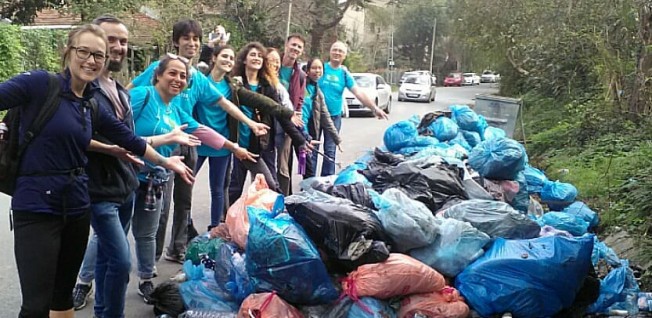
“There are always vast amounts of plastic collected, especially water/drink bottles. Aluminum cans, chocolate/chip wrappers, wet wipes, scented hand wipes and serviettes, and glass are all commonly found. More unusual objects include articles of clothing and larger articles, including a kitchen sink! Car and bicycle tires, old phones, wire, broken furniture, fishing paraphernalia such as nets, and so on — you name it, we’ve found it!”
If you’re thinking of organizing your own cleanup activity, Lucy has some advice for would be hosts:
- Decide on the time & location — The site must be easily accessible by public transport or alternative transportation must be organized for participants if the site cannot be easily accessed.
- Local authorities should be informed, especially if the selected location is in a tourist area. In this way, local area councils can also provide waste removal if required.
- Select an image to accompany your event post. Be sure to offer all relevant information regarding meeting time and location and provide contact details should participants fail to find the rendezvous location or are running late.
- Post the event and keep members informed of any changes.
- During the event, always be sure to take a lot of photos etc. Record the event properly and post the pictures on the activity page.

